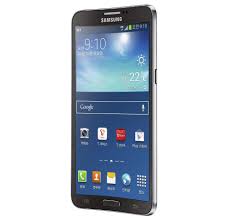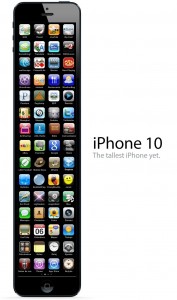Bryan Tenenhouse of the Canadian Marketing Association recently published a blog post regarding his allegiance with Apple. As a loyal Apple user myself, I felt a similar way to what his words seemed to express, including the fact that Apple essentially created the smartphone industry. Who doesn’t like originality?
“The battle is between Apple iPhone loyalists and some upstart company called Samsung with its Trojan Horse, Android. (See what I just did there? I lobbed another grenade.)”
It was the pioneer product of the new market it created and henceforth created the “war” we have today as other firms began imitating the technology forcing Apple to build on its relative advantage. The process has since created an arms race.


At this point in time of the immense smartphone industry competition, a war that has been raging for more than 5 years, the release of newer products makes it hard for consumers of the “early majority” to make a decision given that the technology is basically set-in-stone with some seemingly large adjustments. However, this is where brand loyalty may begin to play a factor. Tenenhouse quotes that “a recent Forbes survey confirms that while 20% of new Apple users have switched from Android to the iPhone, only 7% of Apple users have gone the other way”. Despite what accolades Apple’s competitors have to offer, Apple can proudly boast its population of loyal customers. Its efficient customer service is famous and compliments the efficient and famous product it services. It’s the experience and the idea that one material product can be the most integral thing in your life behind living necessities, friends, and family. Apple for life.